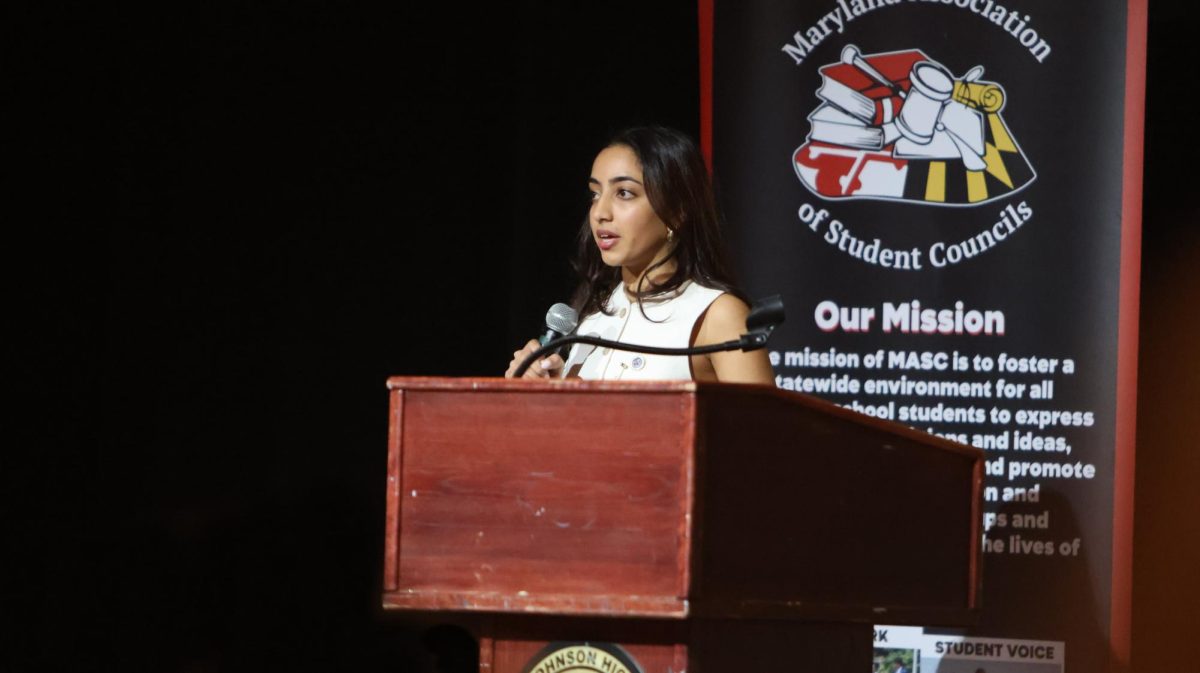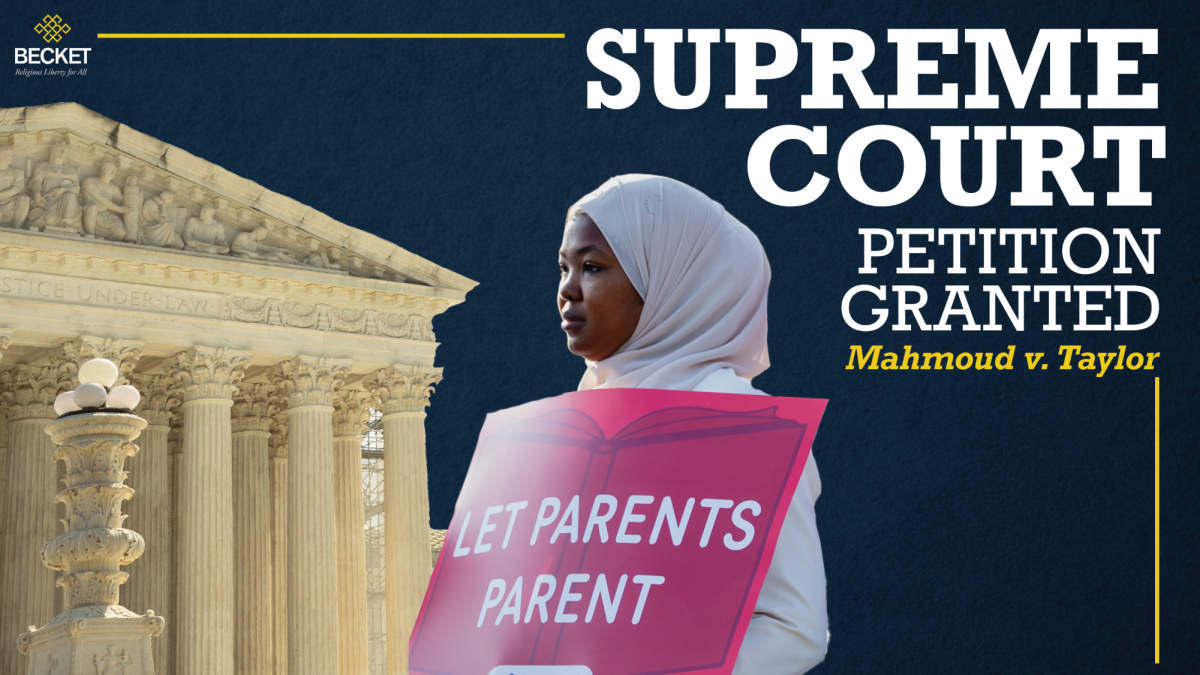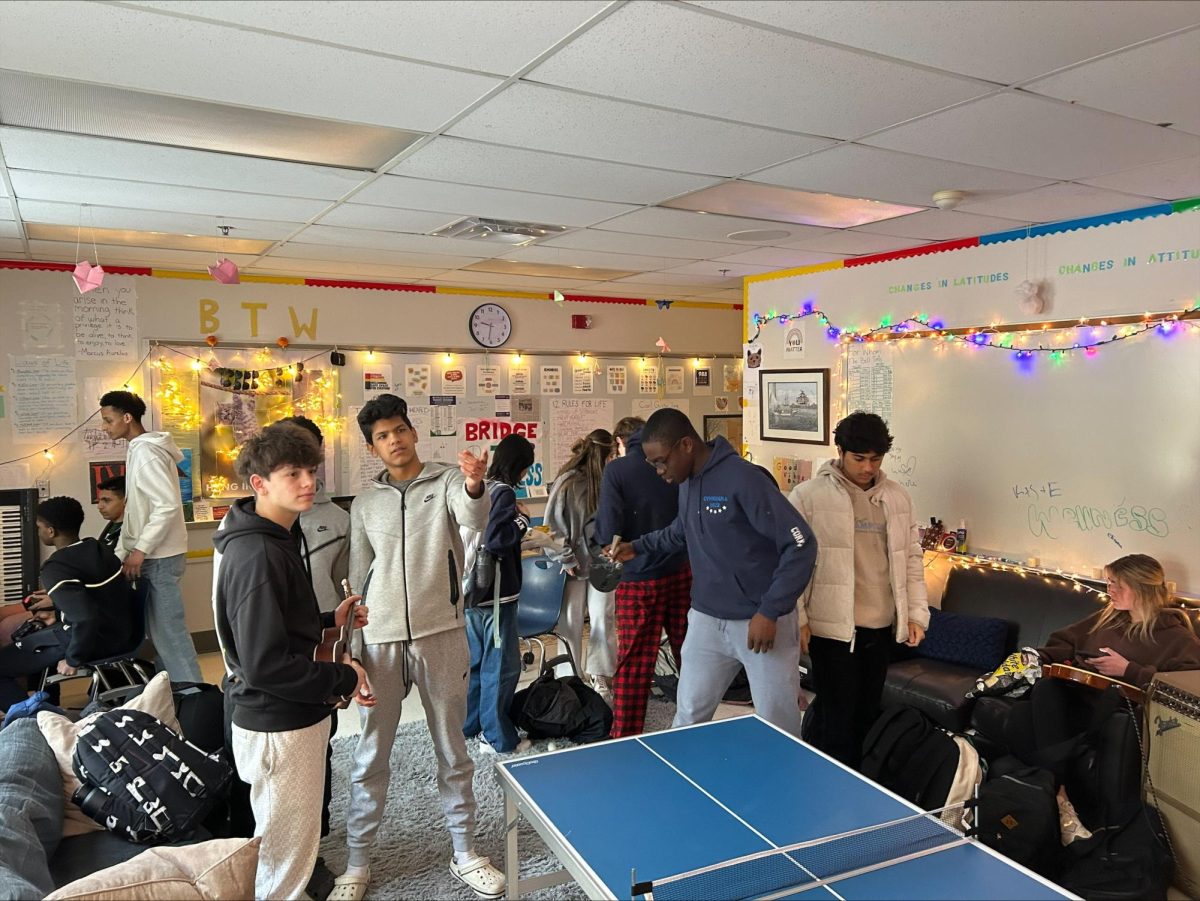The college admissions process has drastically changed over the past decade, including a sharply increased number of applicants, lowered acceptance rates, lasting effects of COVID-19 and the most recent change: the end of affirmative action.
On June 29, 2023, the Supreme Court overturned the 2003 ruling of Grutter v. Bollinger, striking down affirmative action programs in Harvard University and the University of North Carolina because it violated the 14th Amendment’s Equal Protection Clause. This means starting in the 2024 admissions cycle, U.S. colleges will no longer be able to consider race when granting admission. With application deadlines rolling around, many WCHS students are worried about how this change will affect the college process.
“I have definitely made my [college] list longer in response to the end of affirmative action because there are so many unknowns with how decisions will be made and what factors will be considered,” WCHS senior Pavani Durbhakula said. “It’s important to have lots of options to be prepared for this.”
After the overturning of such a longstanding policy, colleges are also trying to adapt to this new shift. For instance, many colleges plan to, if not already, add new supplemental essay prompts or increase word counts for existing ones focusing on subjects like cultural background, identity and diversity.
“Almost every school I’m applying to has a prompt about diversity or community and how this would impact my experience on their campus,” Durbhakula said. “I like the increase in these prompts because it gives us a space to think critically about our cultures and backgrounds and how they’ve impacted us.”
Many colleges value diversity within their campus because learning alongside different kinds of people can enhance the educational experience. Unlike affirmative action, diversity-based prompts focus on the applicant’s individuality and how their background has shaped their perspective instead of the race category.
“[These types of essays are] a smart work around the affirmative action case for schools who wish to admit a more diverse population of students,” WCHS senior Jaehee Lee said. “This is not necessarily a bad thing, as many top schools look for interesting people rather than those who have the best test scores. While controversial, questions about life experience can be an enriching part of getting to know the applicant.”
According to the National Center for Fair and Open Testing, over 80% of U.S. colleges remain test-optional or blind for the 2023-24 cycle. As standardized test scores’ importance has decreased, holistic reviews have increased, emphasizing other factors like essays. Many colleges use diversity-prompted supplemental essays to understand a student’s background and how their experiences can contribute to the campus and eventually impact society in the future. WCHS students can view these essays as an opportunity to showcase their unique aspect to admissions officers and set them apart from the rest of the applicants.
“For me personally, I feel more inclined to write about my ethnicity and life experiences in my essays because I am a mixed ethnicity of Japanese and Korean,” Lee said. “I feel like this aspect of my identity is important and something I should highlight.”
Although diversity-prompted essays can give valuable insight about the applicant, some argue that the increased emphasis on it can take away from considering other factors in the application that are just as crucial.
“I think it’s important that essay prompts center around diversity this year as it’s one of the few ways for colleges to consider this aspect of our identities since affirmative action has been revoked,” Durbhakula said. “That being said, essays are also an important place to highlight academic interests and extracurricular opportunities, so there is definitely a need for balance.”
Despite the increased emphasis on diversity for the 2023-24 cycle, some worry it might not be enough. Since this is the first application cycle in which diversity essays were introduced and affirmative action will no longer take place, the impact on the diversity of student populations for colleges remains to be discovered.
“I think it’s a step in the right direction, but it can never fully compensate for the loss of affirmative action,” Durbhakula said. “More measures will need to be taken in the future to bridge the gap in access to higher education and ensure this decision doesn’t reverse decades of progress in academic equity.”









